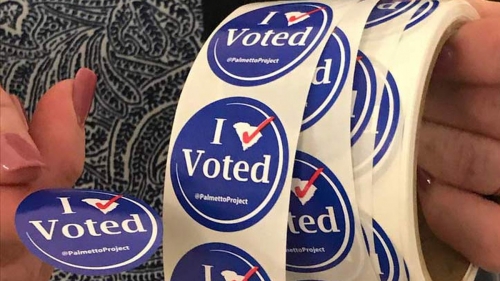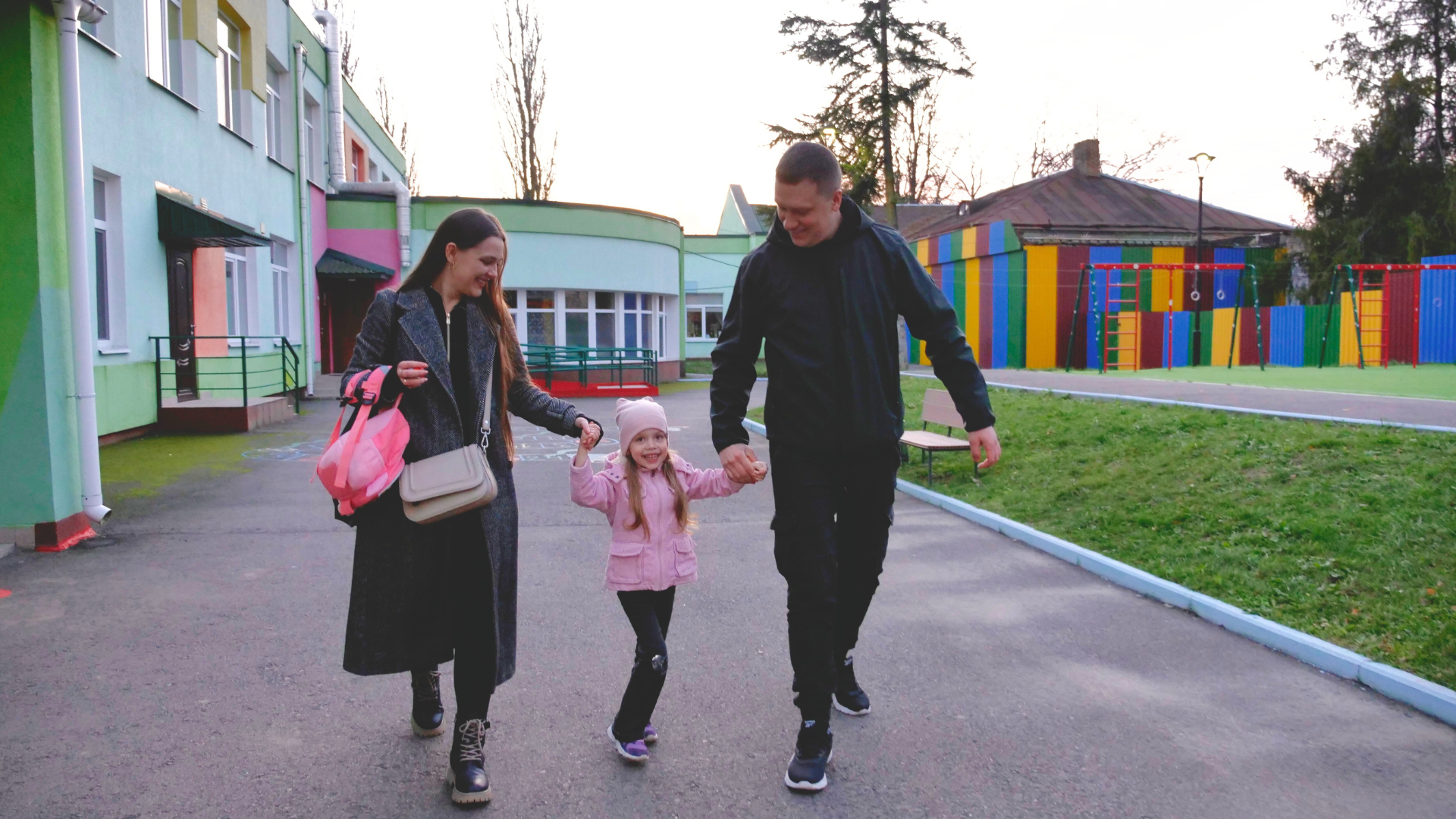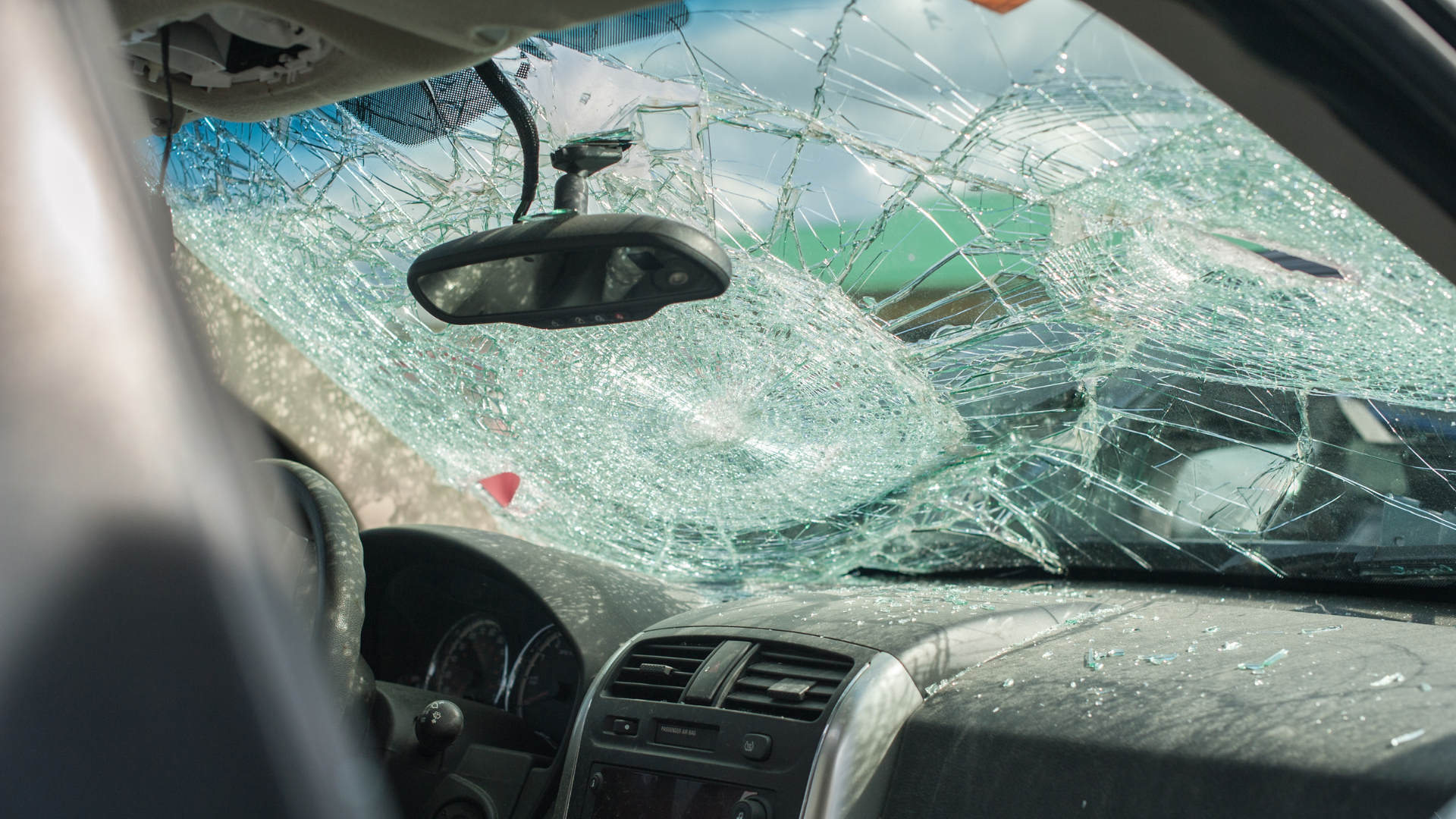Local Election Turnout is Shockingly Low. That Must Change.
South Carolina localities have little to no statutory guidelines regarding when local elections are allowed, which has led to a much smaller voter turnout than the typical statewide general election. But local elections hold just as much importance, if not more, than statewide elections. There, citizens have the chance to vote for the officials that are closest to home, those who most significantly impact their own communities.
According to the South Carolina Election Commission, 27.4% of registered voters participated in the two presidential primaries in 2024. In comparison, in Beaufort County, only 11% of eligible voters cast a ballot in the municipal election held in February 2024, that same month. The reason? Many people likely had no idea a local election was even happening! It stands to reason that if local elections continue to be held on different days than more highly publicized primary elections and general elections, there will continue to be shockingly low voter turnout.
According to the South Carolina Election Commission, by the end of 2024, there will be over 42 different days in which elections have taken place in South Carolina. In 2023, the number was almost double. There’s an old adage that says that every Tuesday is Election Day somewhere in South Carolina…and the numbers show that might be more truth than hyperbole! Voter turnout is already low in on-year, regular primary and general elections. By allowing local elections to be held so sporadically, South Carolina is ensuring low turnout and high election administration expenses. This needs to change.
What falls under local elections?
Local elections happen throughout the calendar year, where voters have the opportunity to vote on the members that serve their municipal council, county council, school board, special purpose districts, etc. This includes the position of mayor and some judges for local courts as well as utility and fire district commissioners, offices that directly affect the neighborhoods in which voters live and work.
School board elections are a significant group of elections that fall under the general heading of local elections. Similar to other local elections that see a lack of voters compared to larger primary and general elections, school board elections suffer from historically low turnout. In Spartanburg County, in the most recent school board election, August 2024, only 6.2% of registered voters turned out.
In addition to a lack of voters, the municipal election system has caused numerous problems across counties. In Sumter County, after an incumbent died, the position was left vacant for nine months. In Atlantic Beach, the situation was even more bizarre. An elected and sworn-in officer was not permitted to take her seat in favor of a town council member who didn’t even run for reelection and was in holdover status.
What is the cost of a local election?
In the local elections debate, another goal for lawmakers is reducing the costs of municipal elections. In Bluffton, authorities are anticipating local elections to cost the county at least another $20,000, in addition to the election costs already associated with primary elections. Included in these election costs are ballots, poll worker compensation, absentee ballots and mail costs associated, etc. The money used for elections comes directly from the Board of Voter Registration and Elections as well as county tax dollars.
If local elections were scheduled on days when regular elections are held, it would not cost the state and local governments the extra election administration expenses and save taxpayer dollars.
What is being done to fix this?
In the previous legislative session, H.3734 was introduced to consolidate local elections to set days twice a year in South Carolina. In addition to attempting to increase voter turnout, the legislation was intended to reduce costs associated with elections.
The bill passed unanimously in the House in April of 2023, and was amended in the Senate later in 2024. It was then sent back to the House for a final vote, but it failed to pass when Rep. Rob Harris (R-Spartanburg) attempted to use the bill to open a discussion of early voting. The legislative session was ending, so the bill simply ran out of time.
Another bill by Senator Josh Kimbrell (R-Spartanburg) limited itself to school board elections. S.244 required all school trustee elections to be held in even-numbered years in the fall simultaneously with general elections. (Some school board elections in South Carolina continue to be held in odd-numbered years in the spring.)
It is necessary that local elections are standardized in the 2025-26 legislative session. By moving local elections to typical general election days, localities will see more participation for school board, municipal councils, county councils, special purpose districts, etc. A wide pool of registered voters, not just a handful of insiders, deserve a say in who governs their city, their county, and their schools. Bills like H.3734 and S.244 expand democracy by making it more convenient for more citizens to use their voice.






